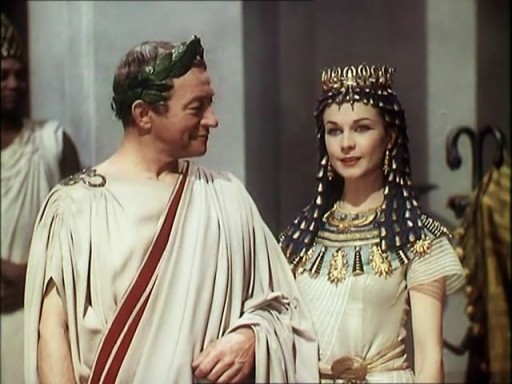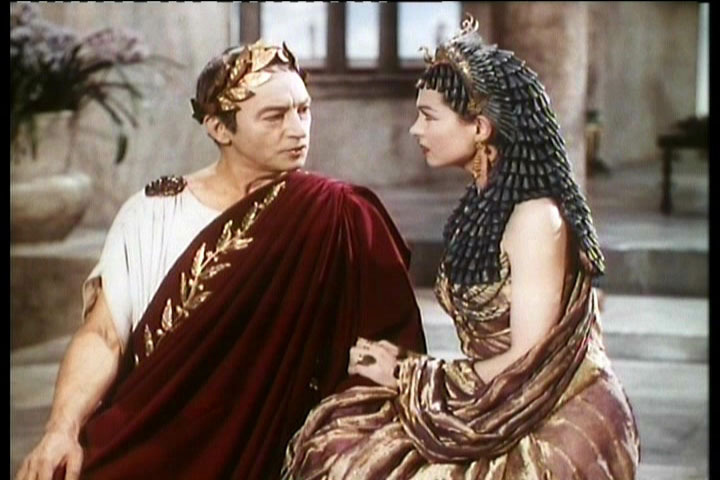

His name also crept further eastward out of Europe, even cropping up in Hindi and Urdu, where the term for “Emperor” is Kaisar.Ĭleopatra was a legendary figure even to contemporary Romans and the ancient world, as Plutarch’s quote suggests, and she was a controversial figure who was equally reviled and praised through the years, depicted as a benevolent ruler and an evil seductress, sometimes at the same time. His legacy is so strong that his name has become, in many languages, synonymous with power: the Emperors of Austria and Germany bore the title Kaiser, and the Czars of Russia also owe the etymology of their title to Caesar. The ultimate conqueror, statesman, dictator, visionary, and opportunist, during his time in power Caesar expanded the borders of Rome to almost twice their previous size, revolutionized the infrastructure of the Roman state, and destroyed the Roman Republic for good, leaving a line of emperors in its place. Such a tribute, coming from one of the Founding Fathers of the quintessential modern democracy in reference to a man who destroyed the Roman Republic, is testament to the enduring mark that Caesar left upon the world. Alexander Hamilton, the famous American patriot, once remarked that “the greatest man who ever lived was Julius Caesar”.

Possibly the most important man of antiquity, and even all of history, was Julius Caesar. There was sweetness also in the tones of her voice and her tongue, like an instrument of many strings, she could readily turn to whatever language she pleased.” – Plutarch “Her beauty, as we are told, was in itself not altogether incomparable, nor such as to strike those who saw her but converse with her had an irresistible charm, and her presence, combined with the persuasiveness of her discourse and the character which was somehow diffused about her behaviour towards others, had something stimulating about it.

In the Battle of Actium in 31 BC, Octavian's forces defeated those of Cleopatra and Mark Antony.įollowing this defeat, Mark Antony committed suicide by falling on his sword, believing Cleopatra was already dead.Ĭleopatra, in turn, took her own life by allegedly allowing an asp, a venomous snake, to bite her.Ĭleopatra's death marked the end of the Ptolemaic dynasty and the beginning of Roman rule in Egypt.“I would rather be the first man in a humble village, than the second man in Rome” – Caesar However, their alliance antagonized the Roman Senate, particularly Octavian (later known as Augustus), who declared war on the couple. Their relationship was both romantic and political, and they had three children together. With Caesar's help, she regained power, and her brother was defeated and drowned in the Nile.Ĭleopatra and Julius Caesar had a son together, Caesarion, but after Caesar's assassination in 44 BC, she aligned herself with another Roman general, Mark In 48 BC, she sought the support of Julius Caesar, then a powerful Roman general, to regain her throne. However, a power struggle between the siblings resulted in Cleopatra being forced into exile. Ruled Egypt after the death of Alexander the Great.īorn in Alexandria, Cleopatra was a highly educated and intelligent ruler, skilled in diplomacy, politics, and languages.Ĭleopatra initially shared the throne with her younger brother Ptolemy XIII, whom she married as per Egyptian custom. Cleopatra VII Philopator (69 BC – 30 BC) was the last active pharaoh of Ancient Egypt and a member of the Ptolemaic dynasty, a family of Macedonian descent that


 0 kommentar(er)
0 kommentar(er)
